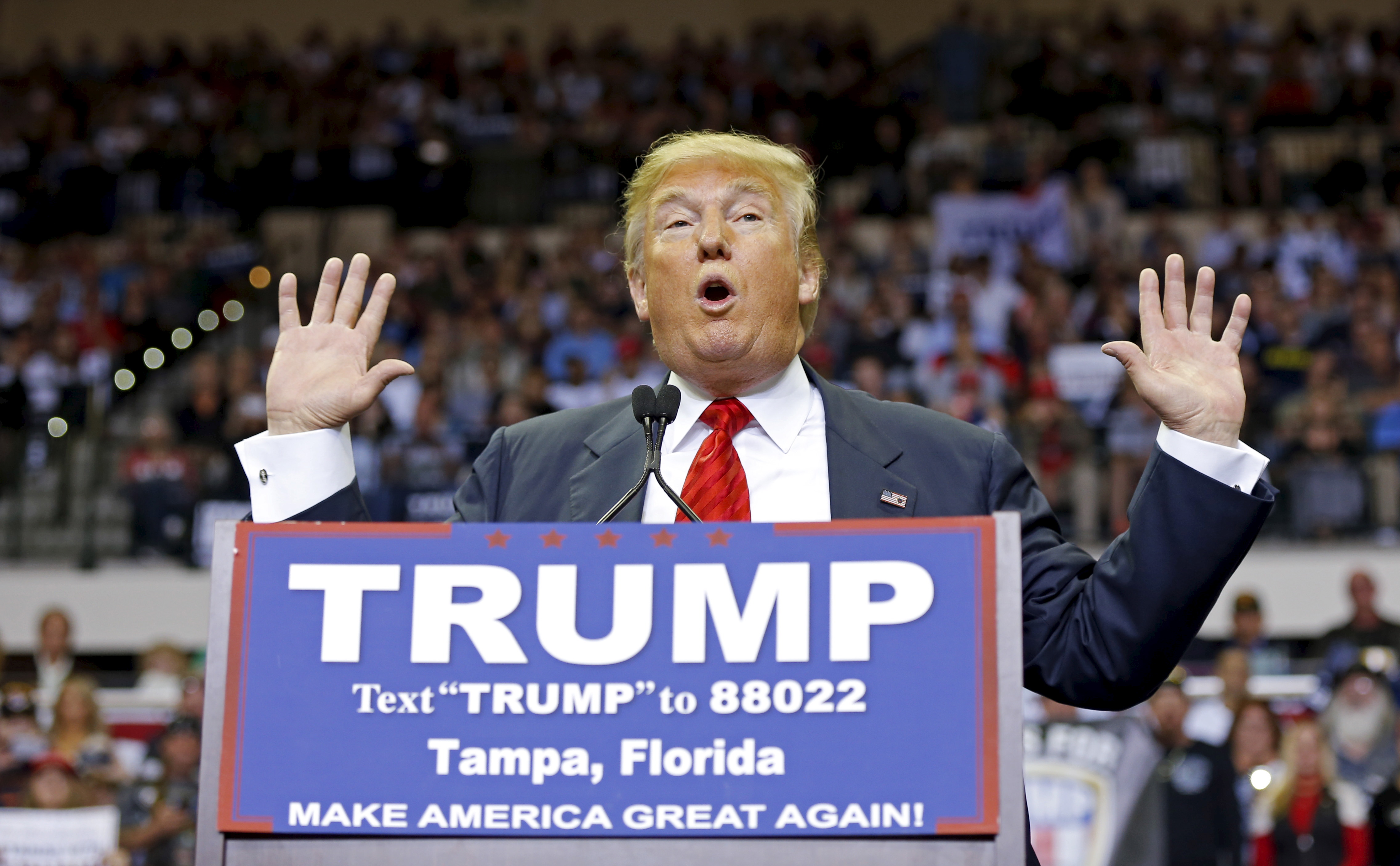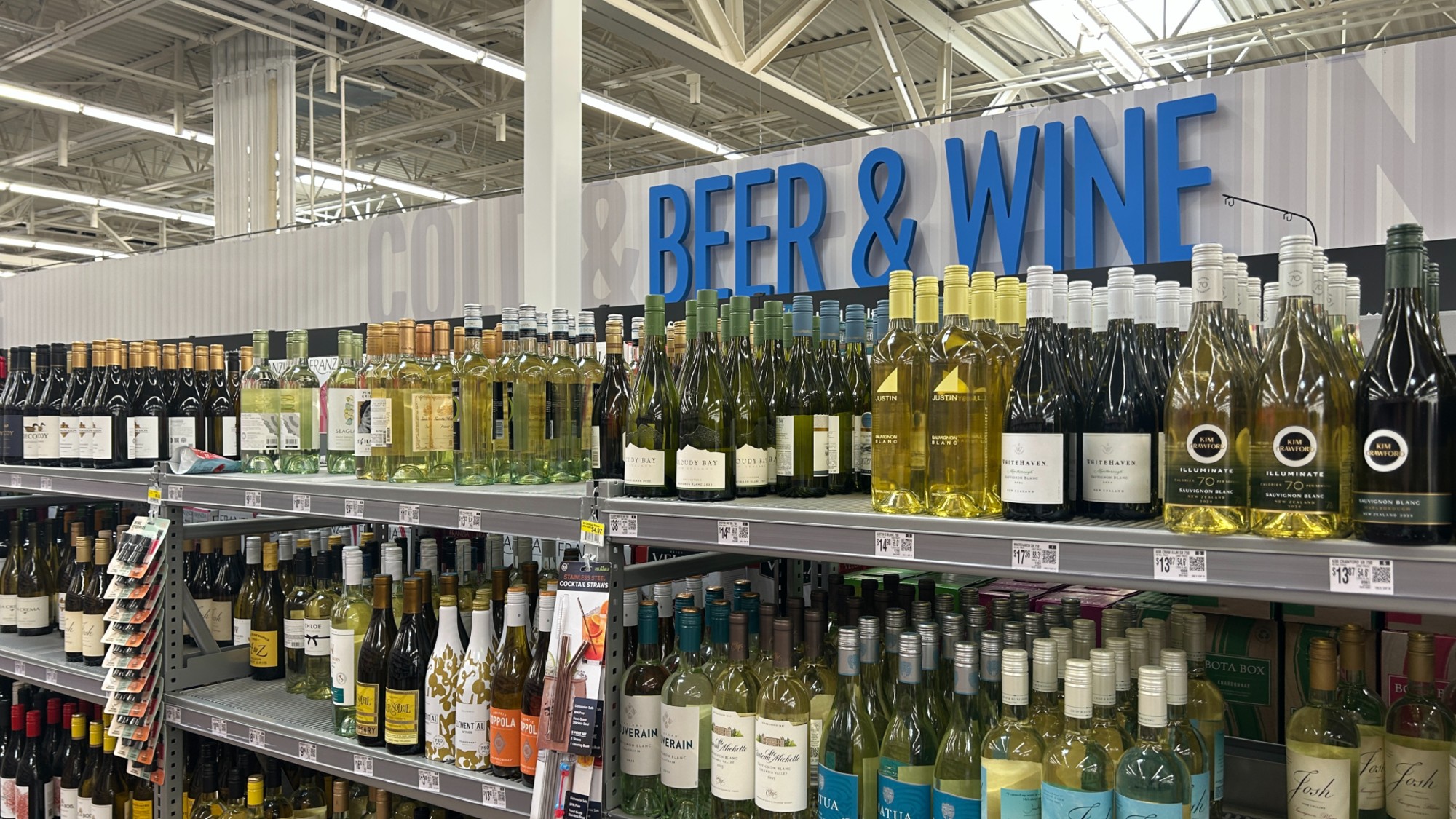Why Utah was impervious to Donald Trump
Here's why the Beehive State didn't want to be made great again


Utah is only the second statewide race where Donald Trump finished third. Ted Cruz dominated Tuesday's caucuses, capturing nearly 70 percent of the vote. Trump came in behind one-state-wonder John Kasich and won only 14 percent of the vote. That's far less than the 21 percent Trump had in his third-place finish in Minnesota.
Why was Utah so hostile to Trump's candidacy? It turns out that Utah profiles as one of the worst states for The Donald. Utah, while racially homogenous with a religious core that defines the state's ethos, makes plenty of room for minority religions. It has a low-friction, cohesive social order, a strong economy, and stronger social institutions. Utah's unemployment rate is 3.4 percent. It was one of the first states to feel an economic rebound from the 2008 financial crash. That rebound has been sustained and attracts new growth from within the state due to internal migration. For so many in Utah, America doesn't need to be made great again. It already is great.
And let's talk about Utah's Mormon majority. There has been lots of chatter about growing evangelical support for Trump. But religious participation also has been shown in Pew surveys to be one of the most reliable statistical indicators of opposition to Trump.
The Week
Escape your echo chamber. Get the facts behind the news, plus analysis from multiple perspectives.

Sign up for The Week's Free Newsletters
From our morning news briefing to a weekly Good News Newsletter, get the best of The Week delivered directly to your inbox.
From our morning news briefing to a weekly Good News Newsletter, get the best of The Week delivered directly to your inbox.
Religious belief and participation tend to be highly overstated to pollsters. A 2009 Gallup survey found that in the least religious state in the country, Vermont, 22 percent identify as very religious, while 59 percent of Mississippi's residents say they are "very religious." But more rigorous "head-count" style surveys by the Christian group Barna found that nationwide 15 to 18 percent of Americans attend a religious service in any given week. And Ted Cruz is defeating Donald Trump in the most religious states that were not members of the Confederacy.
That last bit is important. The Republican vote is an overwhelmingly white vote in an increasingly diverse nation. But Republican voters behave differently depending on their context. Cruz's victory in Maine proved that he could win beyond the deep interior of the nation, and even in a state widely considered the most secular. There is an explanation for this. Cruz is winning a white electorate in states that are overwhelmingly white; Maine is one of those. Trump is winning a white electorate in states that are more diverse, like Massachusetts or Mississippi.
Groups that tend to do better economically in diverse societies have more trouble sympathizing with groups that struggle, and often tend to blame that struggle on innate traits or character faults. This is not the case in Utah. Despite being one of the whitest and most conservative states in the country, Utah implemented a simple and seemingly radical policy that has had great success in solving homelessness. Namely, Utah gave homes to the homeless. And they saved a bundle by doing so, since homelessness drives spending both in social services and the corrections department.
Another commonality of anti-Trump states is their high fertility. Utah leads the way with the highest fertility rate of all states (excluding territories), at 2.33 children per woman. Utah is also a state in the bottom third of divorce statistics.
A free daily email with the biggest news stories of the day – and the best features from TheWeek.com
Utah lags the rest of the nation in its diversity. But it is a low-crime, economically healthy state with stronger-than-average marriages. And Utah's people have enough confidence in themselves and the future to invest in their society over the long term by having children at a higher rate than any other state in the country. The message is obvious: Voters who are well integrated into the mediating institutions of society don't buy what Trump is selling.
Trump's campaign is correctly understood as a kind of distress signal from voters who are more likely to live in de-industrialized areas, more likely to think free trade harms the American economy, and more likely to view political correctness as a justification for American politics and society to overlook their needs and challenges. Trump voters are less likely to go to church, and less likely to be embedded in an intact nuclear family home. They view racial diversity as a handicap to society, or at least as a direct threat to their interests. They think America needs to be made great again.
The voters in Utah, who provided Cruz with the largest margin of victory by any candidate in any Republican primary or caucus this season, have a response: Utah is pretty great as it is.
Editor's note: This article originally misstated the winner of the Alaska caucus. That incorrect reference has since been removed. We regret the error.
Michael Brendan Dougherty is senior correspondent at TheWeek.com. He is the founder and editor of The Slurve, a newsletter about baseball. His work has appeared in The New York Times Magazine, ESPN Magazine, Slate and The American Conservative.
-
 Why is the Pentagon taking over the military’s independent newspaper?
Why is the Pentagon taking over the military’s independent newspaper?Today’s Big Question Stars and Stripes is published by the Defense Department but is editorially independent
-
 How Mars influences Earth’s climate
How Mars influences Earth’s climateThe explainer A pull in the right direction
-
 ‘The science is clear’
‘The science is clear’Instant Opinion Opinion, comment and editorials of the day
-
 The billionaires’ wealth tax: a catastrophe for California?
The billionaires’ wealth tax: a catastrophe for California?Talking Point Peter Thiel and Larry Page preparing to change state residency
-
 Bari Weiss’ ‘60 Minutes’ scandal is about more than one report
Bari Weiss’ ‘60 Minutes’ scandal is about more than one reportIN THE SPOTLIGHT By blocking an approved segment on a controversial prison holding US deportees in El Salvador, the editor-in-chief of CBS News has become the main story
-
 Has Zohran Mamdani shown the Democrats how to win again?
Has Zohran Mamdani shown the Democrats how to win again?Today’s Big Question New York City mayoral election touted as victory for left-wing populists but moderate centrist wins elsewhere present more complex path for Democratic Party
-
 Millions turn out for anti-Trump ‘No Kings’ rallies
Millions turn out for anti-Trump ‘No Kings’ ralliesSpeed Read An estimated 7 million people participated, 2 million more than at the first ‘No Kings’ protest in June
-
 Ghislaine Maxwell: angling for a Trump pardon
Ghislaine Maxwell: angling for a Trump pardonTalking Point Convicted sex trafficker's testimony could shed new light on president's links to Jeffrey Epstein
-
 The last words and final moments of 40 presidents
The last words and final moments of 40 presidentsThe Explainer Some are eloquent quotes worthy of the holders of the highest office in the nation, and others... aren't
-
 The JFK files: the truth at last?
The JFK files: the truth at last?In The Spotlight More than 64,000 previously classified documents relating the 1963 assassination of John F. Kennedy have been released by the Trump administration
-
 'Seriously, not literally': how should the world take Donald Trump?
'Seriously, not literally': how should the world take Donald Trump?Today's big question White House rhetoric and reality look likely to become increasingly blurred
